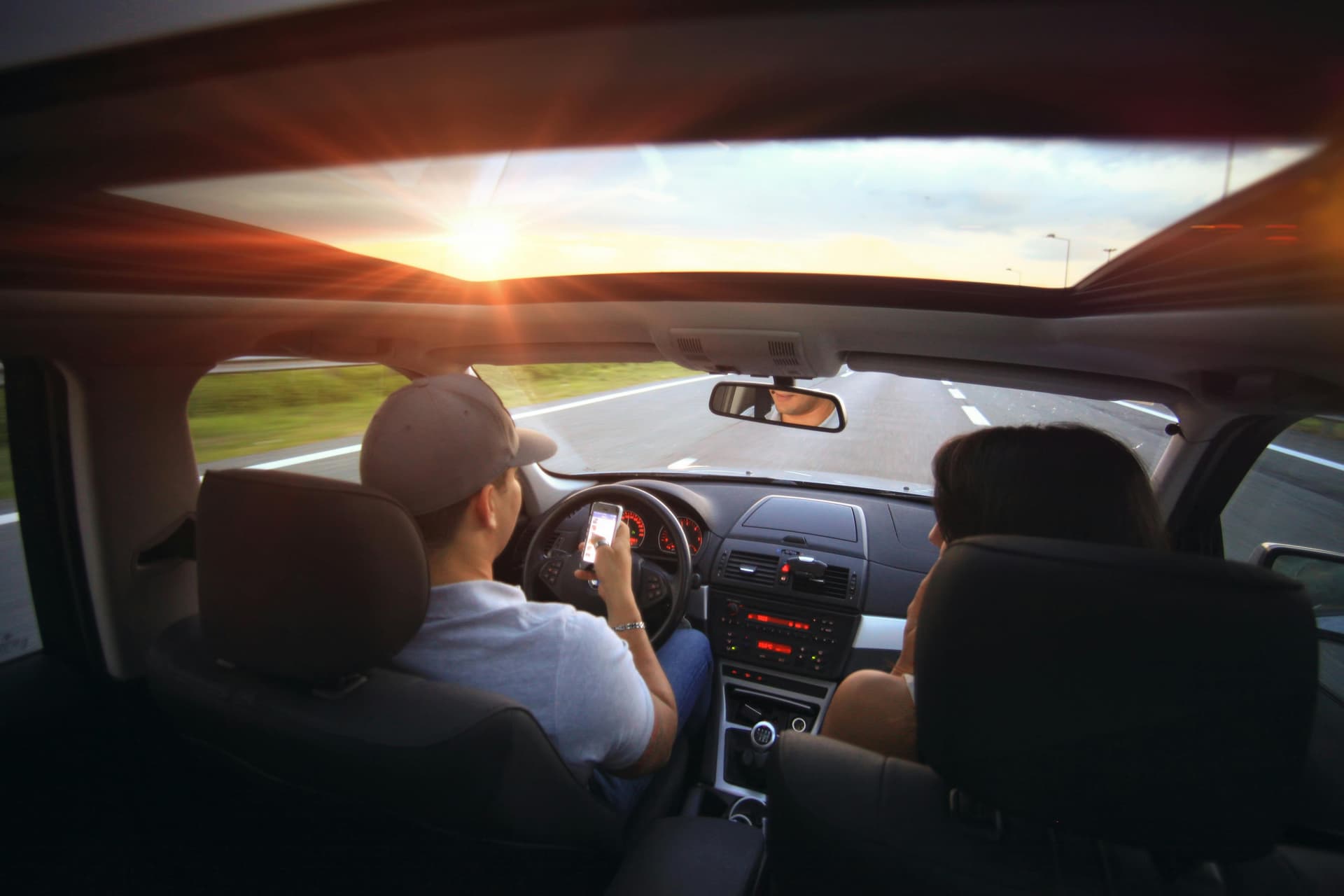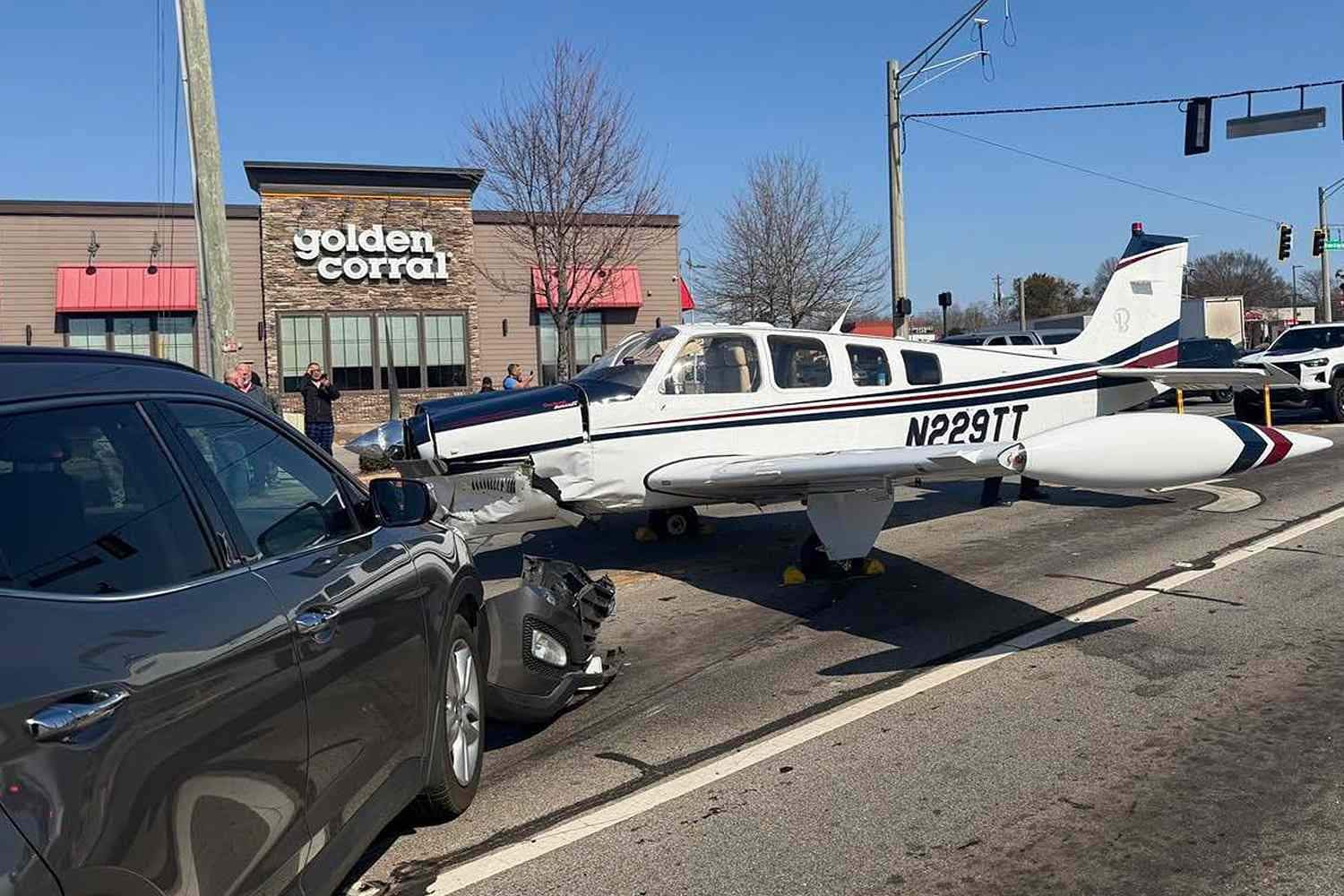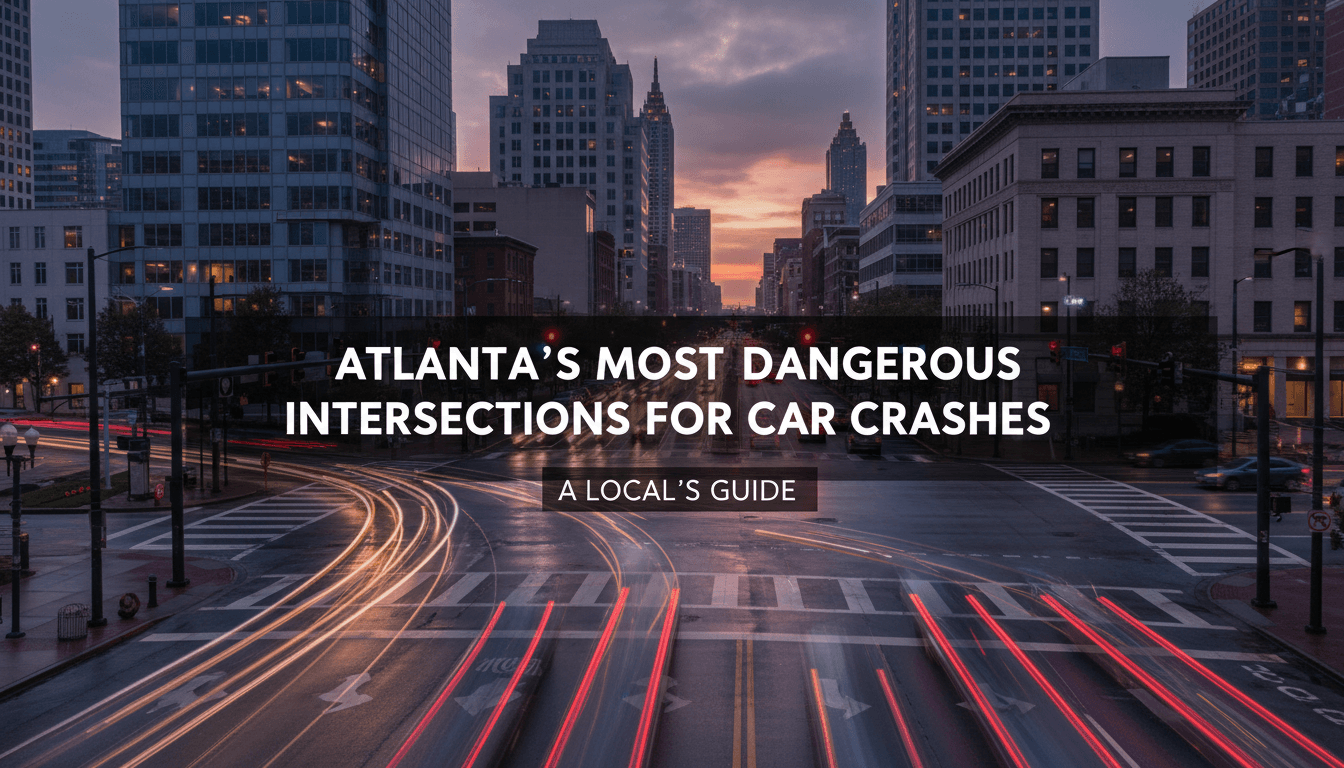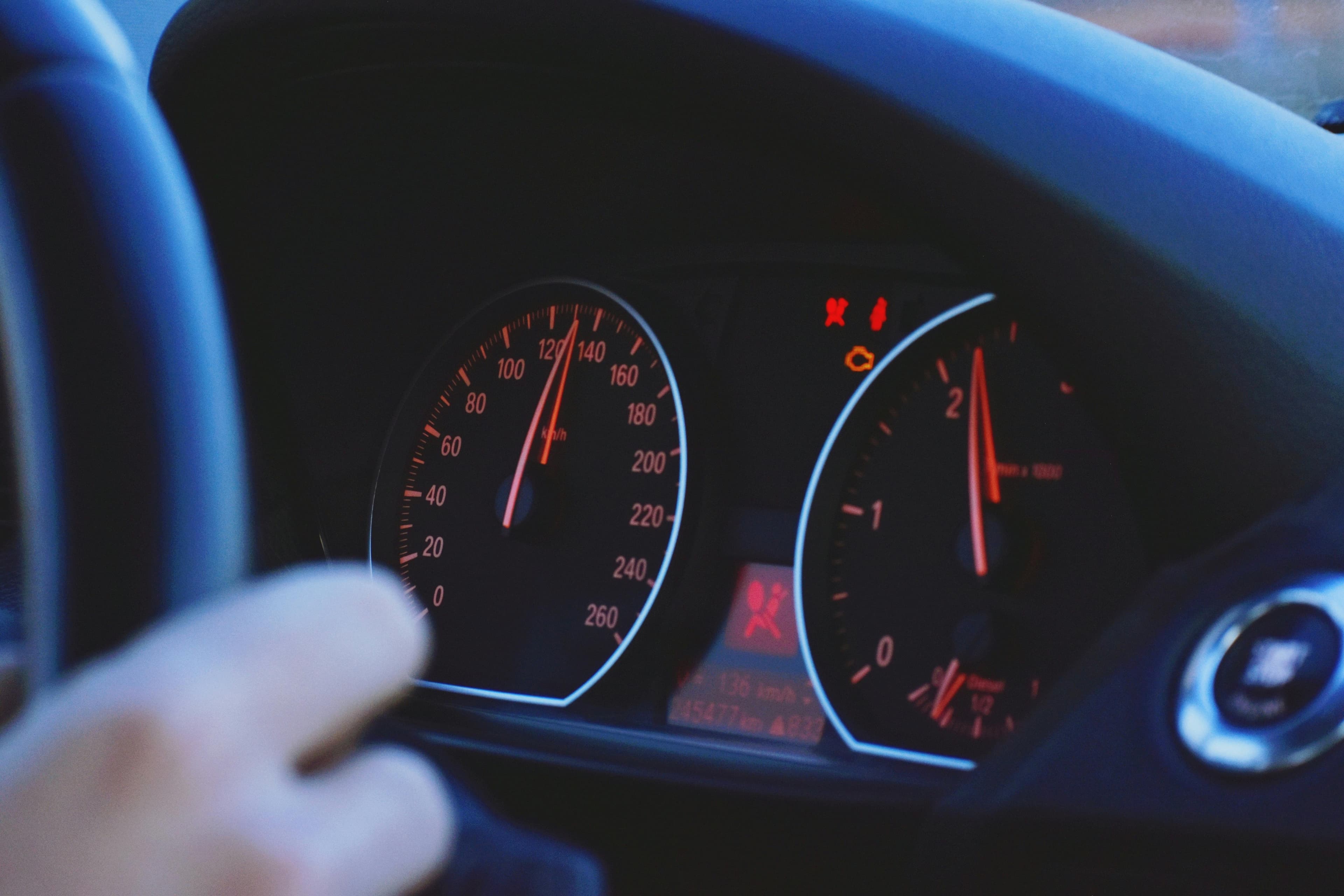How to Report a Dangerous Driver Without Putting Yourself at Risk
Every day, drivers witness dangerous behaviors on the road—from excessive speeding to erratic lane changes and distracted texting behind the wheel. If you've ever wondered how to report a dangerous driver without risking your own safety, you're not alone. As incidents of reckless, aggressive, and distracted driving rise across the United States, knowing when and how to take action safely is more crucial than ever.
This comprehensive guide, informed by the latest traffic safety research, breaks down how to recognize risky driving behavior, the safest steps for reporting it, the value of digital tools and anonymous options, and your rights and responsibilities during the process. If you need further guidance or support after a dangerous encounter on the road, Gillani Law and Atlanta's personal injury attorney, Sabrina Gillani, are here for you.
Recognizing Dangerous and Reckless Driving Behaviors
From Atlanta's highways to suburban neighborhoods, drivers face a wide range of threats from others who ignore the rules. But what counts as "dangerous driving"?
Reckless driving: Includes excessive speeding, racing, weaving through traffic, or running red lights.
Aggressive driving: Behaviors like tailgating, frequent lane changes, road rage, or bullying other drivers.
Distracted driving: Texting, using apps, or eating while driving—anything that takes attention off the road.
According to the AAA Foundation for Traffic Safety, 2024 saw record increases in all three areas, creating what experts now call the "deadly trio" on U.S. roads. More reports are being filed than ever, but there's still uncertainty about safe and effective ways to make these reports.
Step-by-Step: How to Report a Dangerous Driver Safely
If you witness reckless or aggressive driving, your top priority should always be your own safety. Take the following steps for safe reporting of dangerous drivers:
What Information Should You Collect?
Vehicle make, model, and color
License plate number (as much as you can safely remember)
Location, direction, and time of the incident
Specific driving behaviors observed (describe actions, not speculations)
Do NOT attempt to follow the vehicle, provoke confrontation, or use your phone while actively driving to collect evidence. Instead, "observe and report" from a safe distance.
When Should You Call 911?
According to national and local guidelines, you should call 911 only if the driver poses an immediate threat to life or property. For example, reported behaviors like driving the wrong way on a highway, hitting other vehicles, or appearing severely impaired warrant emergency intervention (Traffic Safety Store).
For non-emergency situations—such as ongoing aggressive driving, suspicious commercial drivers, or repeat offenders—use anonymous hotlines, online reporting forms, or mobile apps.
The Best Apps and Tools for Anonymous Reporting
In 2024, the surge in mobile technology brought several options that let you report a reckless driver anonymously, helping authorities while protecting your privacy. Some of the best apps to report drivers and digital resources include:
Drivesafe.ly: Offers in-app reporting to notify authorities about dangerous drivers in real-time.
SaferCar (NHTSA): Directs your report to the National Highway Traffic Safety Administration, especially for vehicle defects or chronic safety issues.
City/State DMV Online Forms: Many states, including Georgia, allow you to file anonymous complaints online or via dedicated phone numbers (Steelhorse Law).
FMCSA National Complaint Hotline: For unsafe commercial truck or bus drivers, the Federal Motor Carrier Safety Administration accepts tips via their national hotline or online form (FMCSA Safe Trucking Tips).
These digital channels allow you to submit evidence and remain anonymous, so there's less fear of reprisal or legal backlash from the reported driver.
The Role of Dashcams and Digital Evidence
Dashcam footage and timestamped photos can provide objective evidence to authorities. However, you should only collect this material if you can do so legally and without distraction from driving. Many law enforcement agencies or online portals allow for the upload of supporting digital files, which can strengthen your report.
Legal Considerations and Precautions
Safe reporting of dangerous drivers involves more than just protecting your anonymity—it's also critical to avoid accidental legal trouble:
Most states permit anonymous reporting, but filing knowingly false or frivolous reports can lead to criminal penalties (Steelhorse Law).
Never confront, follow, or attempt to capture dangerous driving on your phone while operating your own vehicle.
If you're concerned about retaliation, specify on forms or with officers that you wish your identity to remain confidential.
Remember: reporting keeps the community safe, but your own well-being is just as important during the process.
Frequently Asked Questions: Reporting Dangerous Drivers
How do I report a reckless driver without revealing my identity?
Use state DMV sites, mobile apps, or hotlines that permit anonymous tips. Confirm the system's privacy policy before submitting any information.
What details should I record before reporting a dangerous driver?
The more factual details you provide (vehicle type, license plate, location, time, and specific behavior), the more likely authorities can respond. Avoid guesswork or speculation.
Are there apps that help report dangerous driving?
Yes. Several apps, such as Drivesafe.ly and SaferCar, make it simple to submit tips securely and sometimes anonymously.
Should I call 911 or another number?
Call 911 only if the driver's behavior is creating an immediate danger. Otherwise, use state or local non-emergency lines, online forms, or special hotlines.
Can I get in trouble for reporting someone by mistake?
Generally, honest errors aren't criminal as long as they come from good faith concerns. Deliberately filing a false report, however, can have legal consequences.
Why Reporting Dangerous Drivers Matters
Reports from ordinary people are a vital force in keeping roads safe. Authorities rely on citizens to help spot patterns, stop dangerous behavior before tragedy strikes, and bring repeat offenders to justice. With the alarming rise in aggressive and distracted driving in recent years, your actions could potentially save lives (Improv Learning).
If you've been hurt by a reckless driver or have concerns after an incident, you're not alone. Gillani Law and Atlanta's trusted personal injury attorney Sabrina Gillani can help answer your questions and support your journey towards recovery. Our team welcomes your calls and offers confidential, no-obligation consultations to protect your rights—while you help protect the public.
Disclaimer: This article is general information, not legal advice. Laws vary by state. If you need specific answers or representation, contact a qualified attorney in your area.




